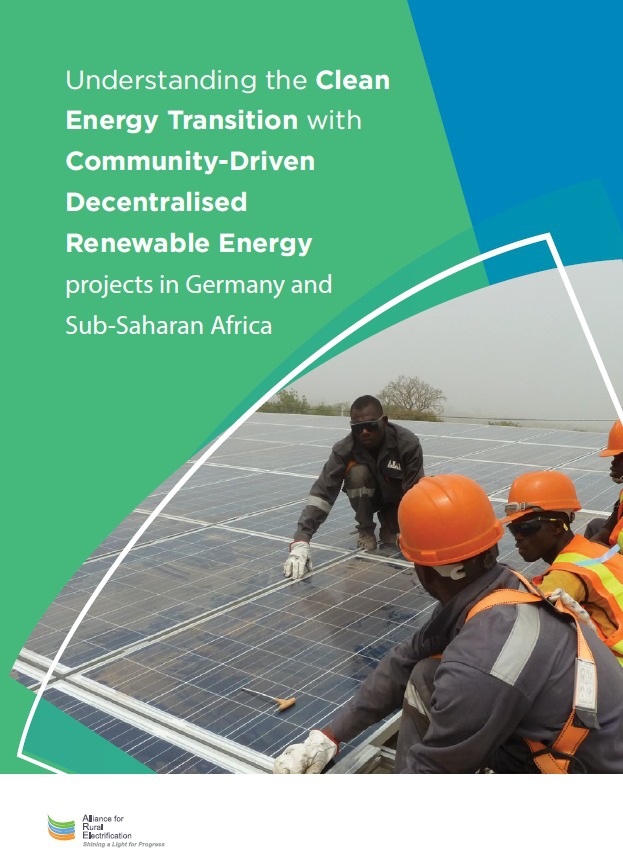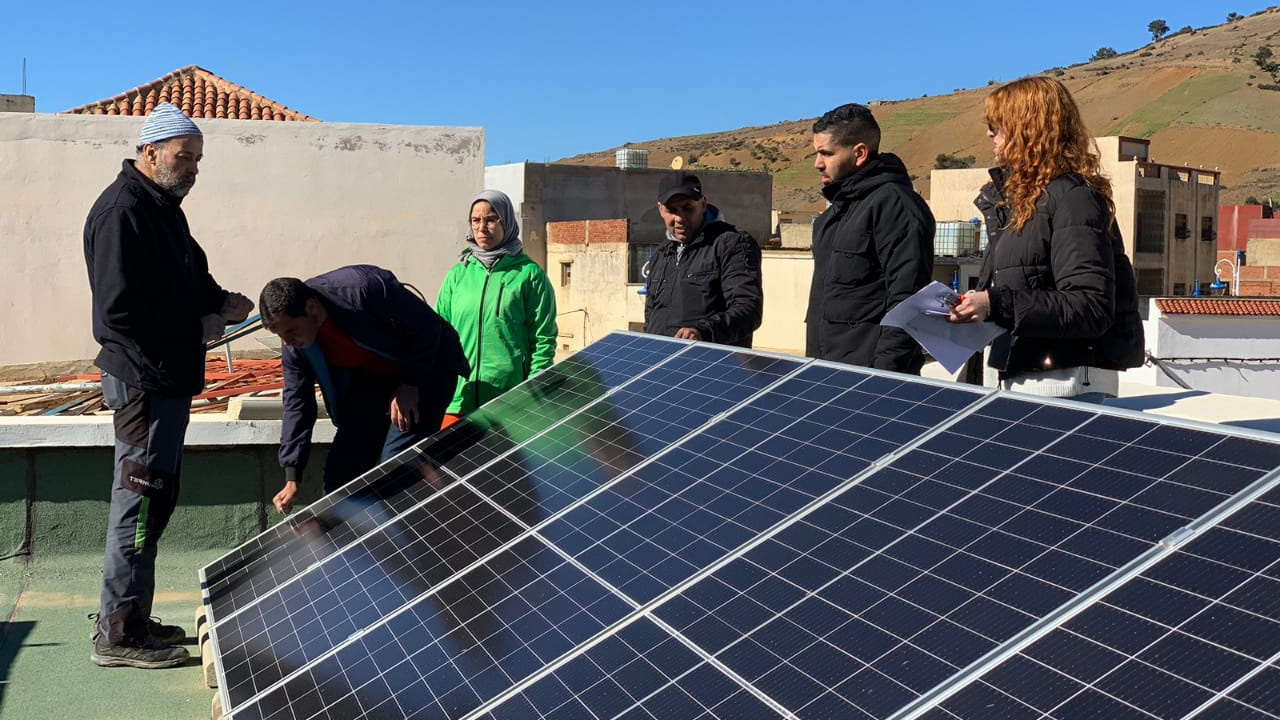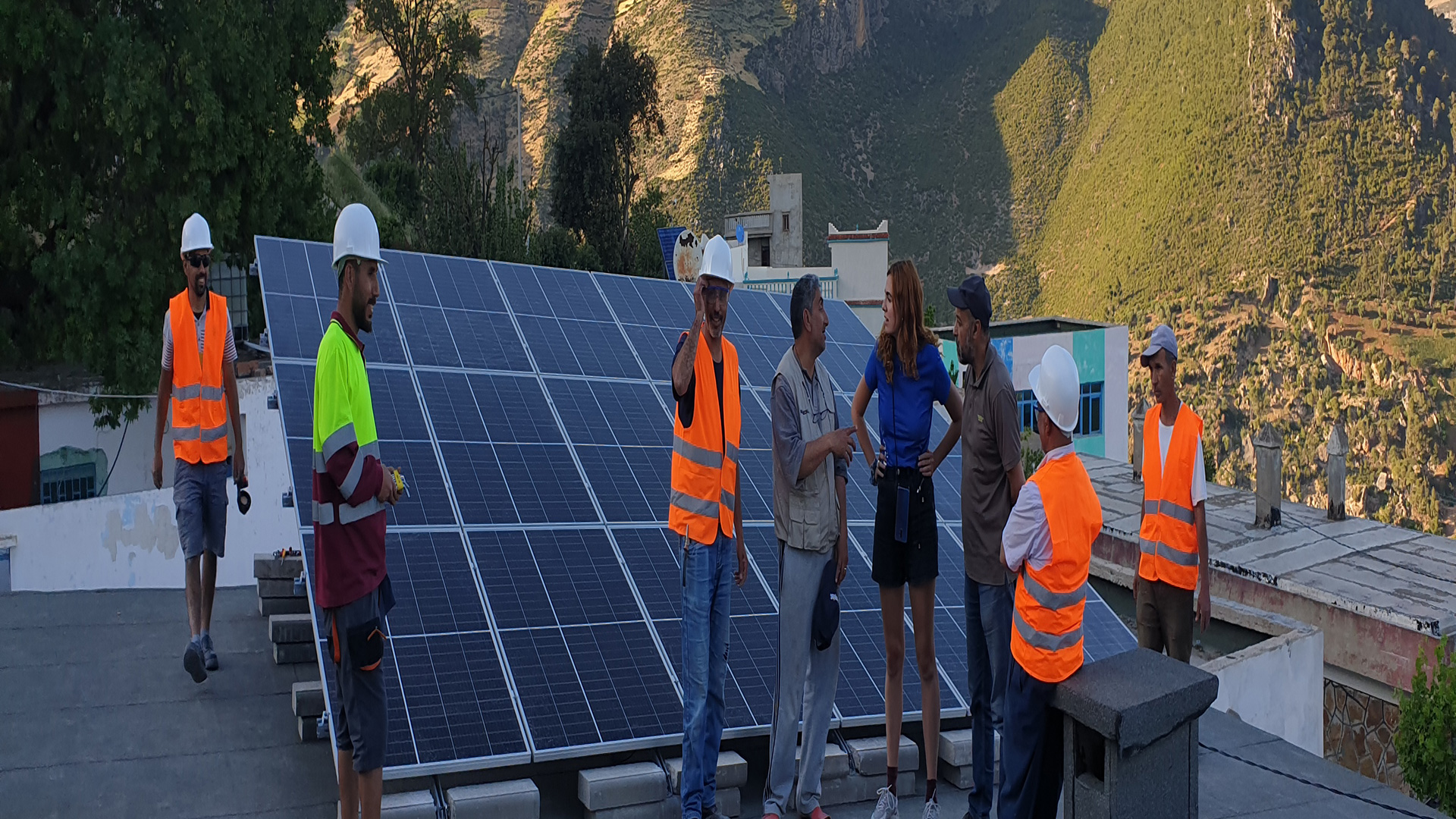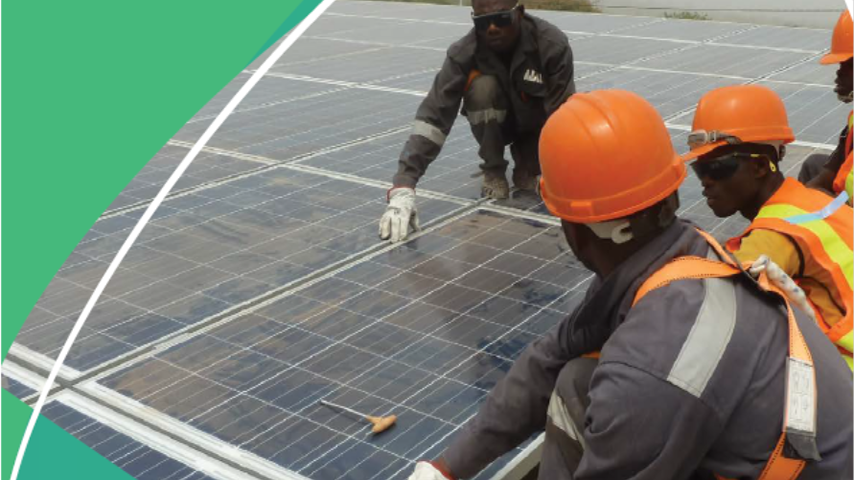Technical advice on standardizing processes for creating micro-networks in rural areas in Mozambique
Technical advice on standardizing processes for creating micro-networks in rural areas in Mozambique.
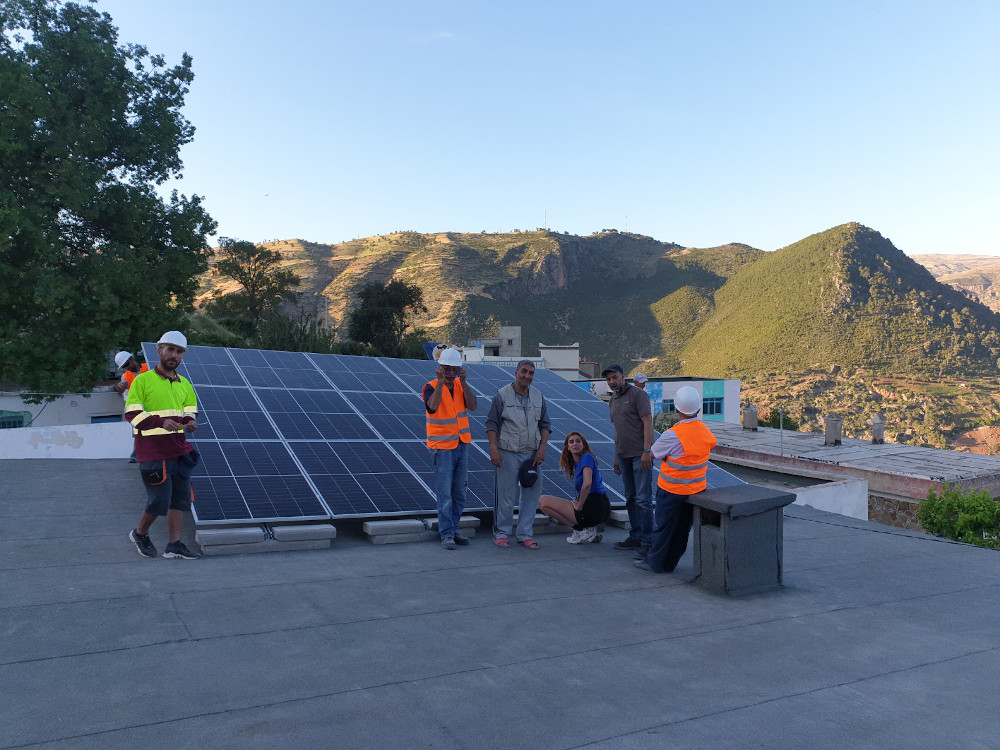
According to World Bank sources, in 2020 only 30.6% Mozambique’s population had access to electricity. The great challenge facing the country is its total electrification by 2030, especially of rural areas that are far from the grid.
FUNAE is the main public body in charge of electrifying the most remote and isolated areas, mostly with the implementation of micro-grids powered by renewable energy (solar photovoltaic and hydraulic). Currently, tools are needed to build and maintain the mini grids and guarantee quality standards.
In this context, our engineer and head of international area @MarcosMorales has given training to provide process-standardization tools for designing and implementing micro-grids that will provide electricity in rural areas.
This technical assistance is provided for FUNAE as part of a project led by our colleagues @Aiguasol, which also proposes the design of a digital tool to control and monitor micro-grid data as part of the DigutalEnergy Challenge for Utilities 2022 competition.
Training sessions on the use of medical oxygen generators continue in health centres in Chefchaouen
Training sessions on the use of medical oxygen generators continue in health centres in Chefchaouen.

In several areas of Morocco, for example in the province of Chefchauen, around 20 out of every 100 children born have some complications.
Of these 20 children, it is believed that 18 could be saved if there were more access to drugs, oxygen therapy and more medical knowledge.
The most critical factor that raises mortality in births with complications is the trip from the health centre to the hospital, during which there is no guarantee of medical oxygen and that increases the suffering of the baby and the mother.
For this reason, training has been given to 12 midwives from 5 rural health centres with the assistance of Dr. Irene Martínez de Albéniz, a paediatrician at the Sant Joan de Déu hospital and a specialist in infectious diseases. These training sessions are part of the “Training, EERR, medical oxygen and ESS project: a multisectoral approach aimed at improving public health in the province of Chefchaoen. Funded by AECID and led by Azimut360 in collaboration with the ADL AL Maghrib Association and the Chefchouen Health delegation.
In the organized sessions, topics such as nutritional aspects and infectious screening during pregnancy, basic neonatal resuscitation, problems in the recent birth and feeding and preventive activities for infants and children were dealt with.
These training courses were linked to the improvement of health centres by installing medical oxygen generators that will operate 24 hours a day thanks to the photovoltaic system that is being installed.
These days we are working with the teams from CODIBER and COANER, the local cooperatives in the province of #Chefchaouen. These cooperatives will carry out the installation work of the #plaquessolari in the 4 Health Centres in the project. The CODIBER and COANER cooperatives had already participated in previous projects with us where training was given on solar energy installations, and in this project they already act as professional service providers.
Our specialist engineers are carrying out various training courses for technicians to install the #photovoltaic system and maintain it.
If you want to know more about the status of the project, follow our international social media accounts.
Understanding the clean energy transition in community-driven decentralised renewable energy projects in Germany and sub-Saharan Africa
Understanding the clean energy transition in community-driven decentralised renewable energy projects in Germany and sub-Saharan Africa.
